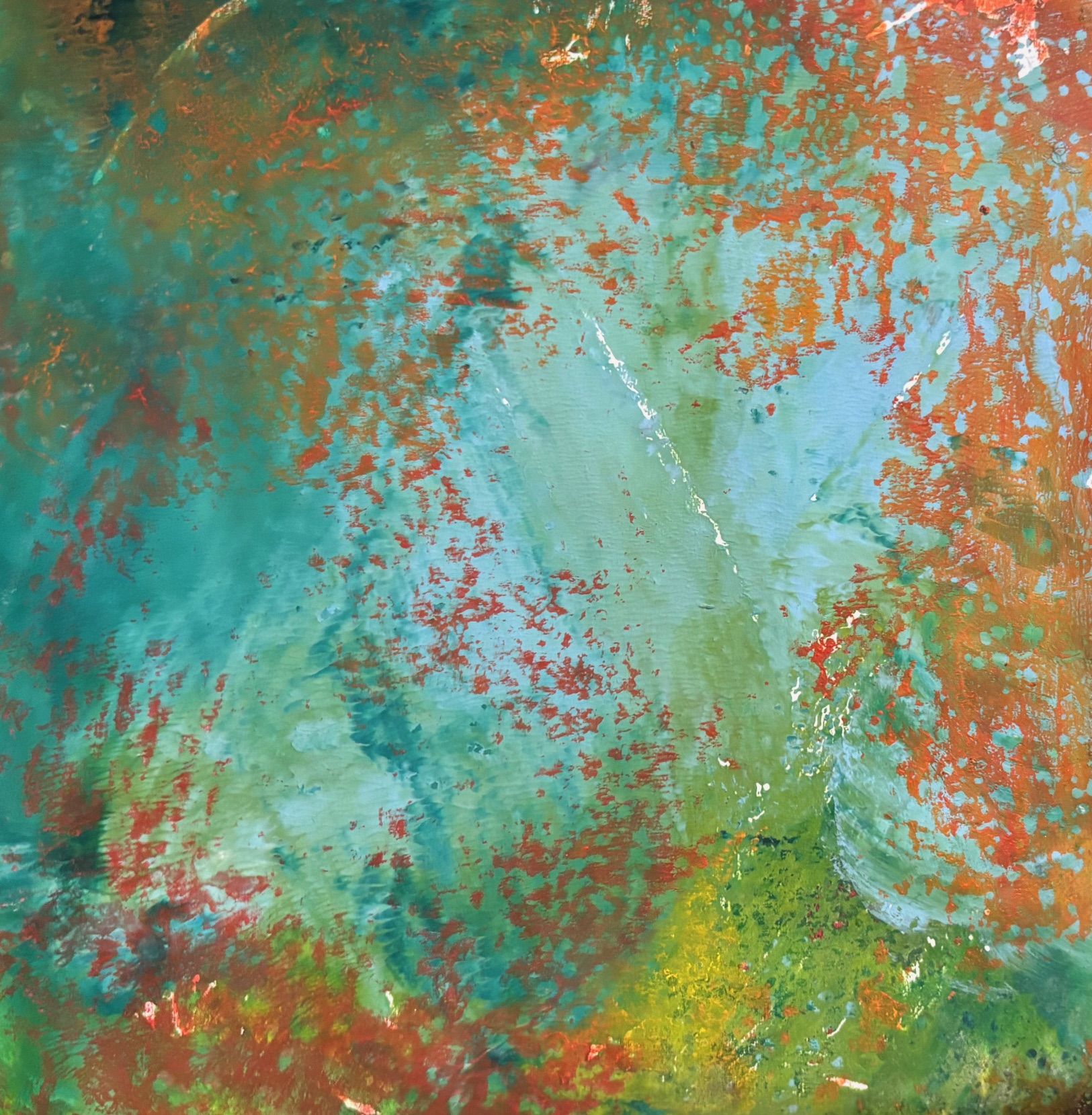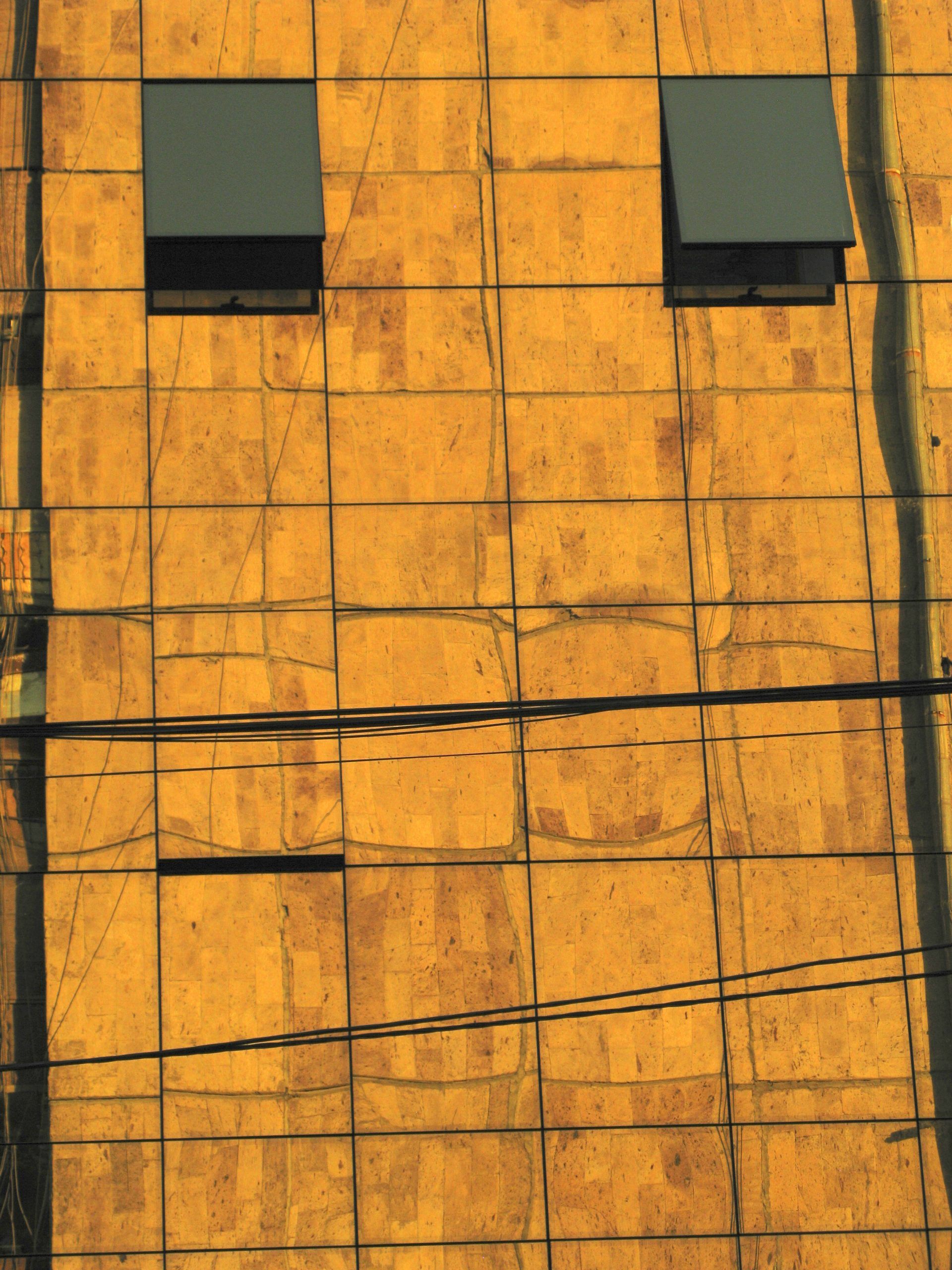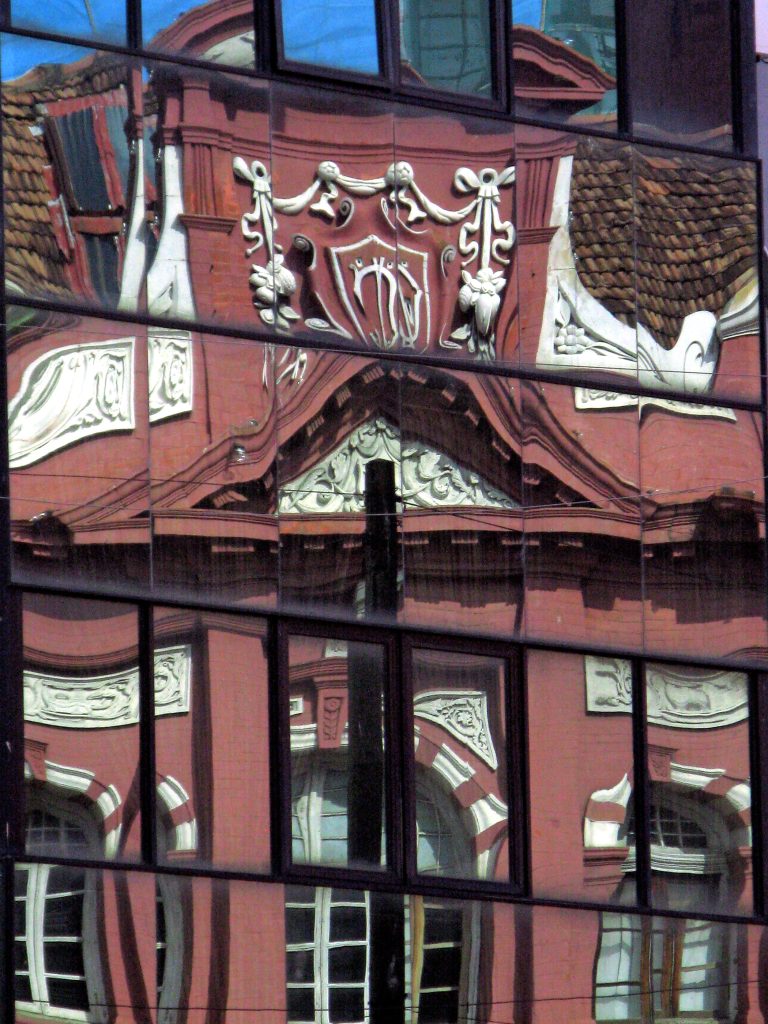Some Call the Magic Hour Blue
Our second evening in Budapest, my need presses as if we are new lovers. I keep checking my watch for the magic hour, but it’s all magic: the wish, the tickets, the flight whisking us to this land where we thrive on cake and paprika. A breeze foretells clouds, drizzle, downpours. This is our last clear night, our last chance to see the panoramic shimmer that caught my attention in a magazine five thousand miles and many months ago. In the dusk I vibrate with anticipation and triumph. We are here, we are finding our way, it is as gorgeous as the photos. We pass regal stone lions and walk the great span of the Chain Bridge over the fast, deep Danube. As we make our way up Buda Hill, both shores of the city begin to glimmer. It’s impossible to say if we’re walking toward a fairytale, or away. On the hilltop, it seems a thousand candles have turned everything warm and long-shadowed: cathedral windows, stone columns, sculpted knights. I want to say majestic, but who talks like that? I settle for reaching for your hand.
At home, I have learned about the golden hour and the magic hour, even if the vistas I photograph aren’t often as splendid as the one we’re about to see. The golden hour, just before sunset or after sunrise, bathes the scene in the yellow of egg yolks and marigolds and is best used in nature photography. The magic hour, just after sunset or before sunrise, softens the night sky with pink and gold and blue hues. In a photograph, these hues somehow amplify and blend to make the most of urban settings, of a city’s architecture and lights. The golden and magic hours are misnomers; neither actually lasts sixty minutes. But magic—a power, a spell, an influence, a very pleasant or exciting quality—is the aptly named filter of my yearning. Though I know this city, like my city, like most cities, has a complicated, sometimes violent history.
High above the river, my scarf flutters loose again across my face, obstructing my vision. I can’t forget I’m a tourist in sturdy shoes, but here, in this place of parapets and turrets, I’m also a queen. In the semi-shelter of Fisherman’s Bastion, an ornate fortification built in the late 1800s on the foundation of a real castle a thousand years old, we find a nook out of the wind. Like dozens of people around us and millions before us, we find a clear view to the eastern shore. We wait minutes, and more minutes, for the Earth to turn, for the night sky to deepen, for time to tick. Finally, somewhere deep in the digital boiler room of Budapest, a switch trips. Electrons flow. Across the river a thousand lights begin their faint blooming, the bloom rising and rising until the grand buildings glow. In the glow would you kiss me if I waited? I have my way, as every queen will.
At home in suburban middle Tennessee, the river is lovely but shallow, the lush land is flat, the horizon’s often hidden by buildings and trees. In other words, it’s almost impossible to pull back for a panoramic view. Is this one of the reasons I long to travel? At home, if a bridge was destroyed like the Chain Bridge was by the Nazis, nothing in our city’s history makes me think we’d build it back as beautiful as before. Yes, our town square is quaint, and the arts center is in the marble-staired building that used to be the library that used to be the post office, but so much of our history has been torn down, paved over, replaced by apartment complexes and strip malls. Who are we, that we don’t invest in beauty, in structures that last? Who am I, that I keep living in a place that doesn’t share my values?
We stay on Buda Hill well into full darkness, then take our time finding our way back to Pest: a bus, a tram, a slow stroll to the hotel. Everywhere we look is a picture postcard, illuminated against the night. Still, I scan the sidewalks for a coin, a bottle cap, a button from some sturdy Hungarian’s coat. I’ll go home with hundreds of photos, but I want to pocket a souvenir, something real and unromantic. I want to ask, Could you imagine staying? But I stay silent. We walk hand in hand, something we never do at home.




